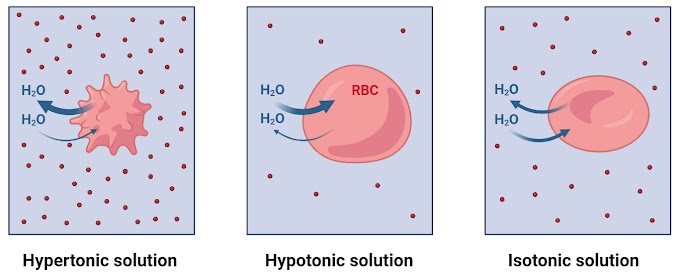Definition of mixture in chemistry
In chemistry, a mixture is formed by the combination of two or more substances (elements or compounds) without any chemical reaction. In a mixture, these substances are not present in a fixed ratio, retain their chemical properties, and can be separated by simple physical methods.
General characteristics of a mixture
Mixtures have certain characteristics that distinguish them from compounds. These characteristics are:
- The components of a mixture keep their chemical properties.
- The components of a mixture can be separated by physical methods such as filtration, evaporation, or sublimation.
- Mixtures can be homogenous or heterogeneous.
- Variable quantities of components are present in a mixture.
- No change in energy takes place when a mixture is formed.
- No chemical formula is used to express the components of a mixture.
- The boiling and melting points of a mixture are depended on combining components.
Example of mixture
Some examples of mixtures are:
Soil: made up of clay, sand, water, salts, and air.
Air: a mixture of oxygen, carbon dioxide, nitrogen, and water vapors.
Blood: a mixture of bed blood cells, white blood cells, platelets, and water.
Ice cream: a mixture of ice, sugar, and water.
Gunpowder: a mixture of carbon, sulphur, and potassium nitrate.
Petroleum: a mixture of cycloalkanes, alkanes, and aromatic hydrocarbons.
Urine: a mixture of urea, chlorine, sodium, and water.
Milk: a mixture of sugar, fat, protein, and water.
Types of mixtures
Mixtures are divided into two types.
- Homogenous mixture
- Heterogeneous mixture
1. Homogenous mixture
A mixture having a uniform composition of its components throughout a given sample is called a homogenous mixture.
For example, the air is a homogenous mixture of oxygen, nitrogen, and other gases. A solution of salt or sugar in a glass of water is also an example of a homogenous mixture.
2. Heterogeneous mixture
It does not have a uniform composition of its components in a given sample. The composition and properties of a heterogeneous mixture are different at different parts.
Example: Soil is a heterogeneous mixture as its composition differs in various places. A mixture of salt and sugar is heterogeneous.
Some Answers and questions
1. What are 2 types of mixtures?
A. The two types of mixture are a homogenous and heterogeneous mixture. The homogenous mixture has a uniform property of its components throughout the sample, while the heterogeneous mixture does not have a uniform composition of its components in a given samples.
2. Is salt a mixture?A. No, salt is a compound because sodium and chlorine are combined by a chemical reaction to form sodium chloride or salt.
3. Give 5 examples of mixtures.
A. Blood, air, gunpowder, brass, milk are examples of mixtures.
4. Is sugar solution a mixture?
A. Yes, sugar in water makes a mixture. Sugar can be separated from water by evaporation or crystallization methods.






0 Comments